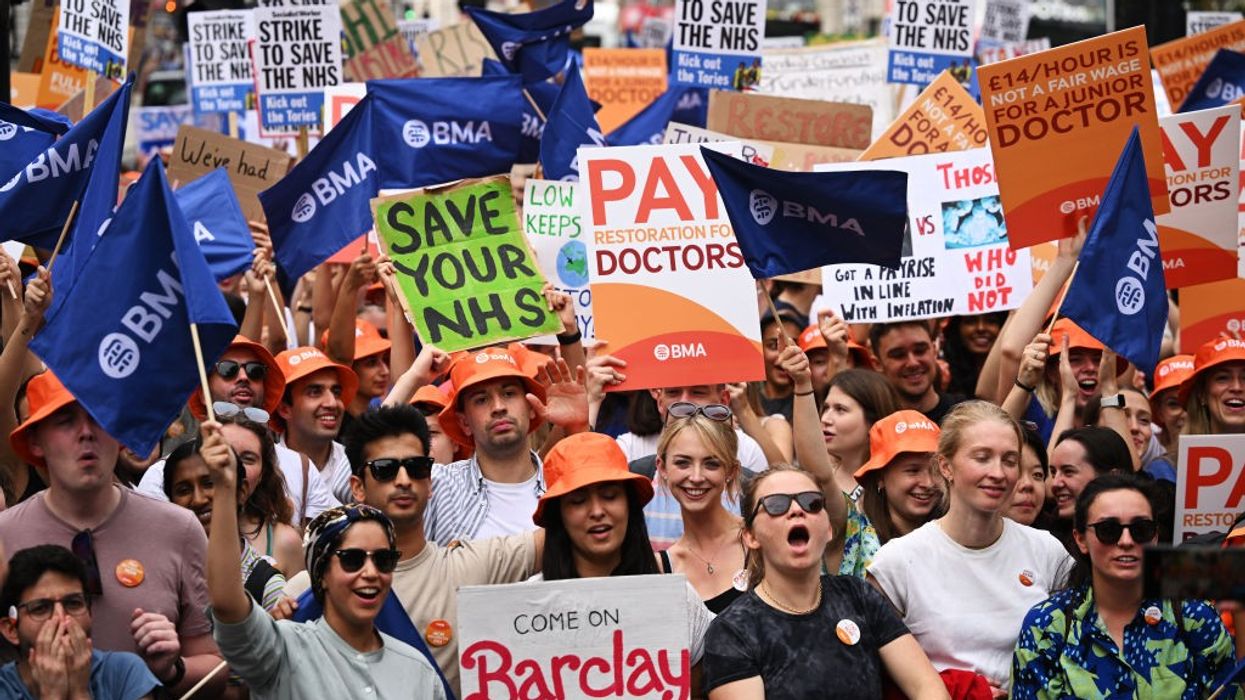Scotland's First Minister Nicola Sturgeon wore a tartan face mask on a recent visit to shops in Edinburgh, as they prepared to reopen after the long coronavirus lockdown.
The local kilt manufacturer that makes the masks subsequently saw a huge increase in demand.
At the same time, Sturgeon is enjoying a surge in popularity as a result of her handling of the Scottish government's response to the global pandemic.
Opinion polls show not only high approval ratings for the Scottish National Party leader herself, but also an increase in support for the SNP's central policy independence.
After a strong showing at last year's general election, analysts say the SNP is in an even stronger position ahead of Scottish parliamentary elections next year.
"In a time of great uncertainty, people look for a leader who can reassure them," said Iain Black, from the pro-nationalist Scottish Independence Convention.
"Nicola Sturgeon has done exceptionally well at communicating her compassion during her daily public briefings.
"She has helped to alleviate people's anxiety by providing a sense of certainty throughout the pandemic. This is not something that will be easily forgotten," he told.
Some 2,500 people have died in the coronavirus outbreak in Scotland, where Sturgeon's response and the easing of lockdown measures in particular has contrasted sharply with that of British prime minister Boris Johnson.
Johnson, 56, has come under fire for his handling of the pandemic and Britain now has the highest death toll in Europe around 45,000, with broader statistics suggesting it could be even more.
Even with lingering questions about testing and contact-tracing, Johnson began lifting the lockdown earlier in England.
But Sturgeon, 49, has refused to follow suit, estimating that infection rates in Scotland were still too high.
Her refusal to slavishly follow UK government guidance from London has won her support from leaders in Wales and Northern Ireland, which also have devolved administrations.
(AFP)











